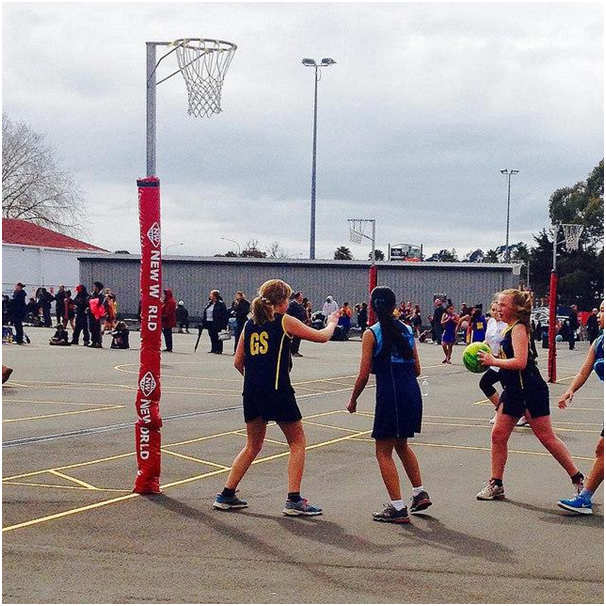Choosing a Netball: Tips from the Pros

When you are looking at the netball market, you can see it is saturated with choice, making the decision about which ball is best for you a tricky one.
When you are watching the pros it can leave you wondering what kind of ball are they playing with? The chances are it will be a high-quality one, but you may struggle to see the brand as it flies in a blur through the air.

If you look online for independent advice on getting a new netball, there is not a lot out there. You will find a brief piece on the BBC site, but it does not tell you much beyond the very basics. Alternatively, some online sports shops, such as http://www.sportsballshop.co.uk/acatalog/Netball-Buying-Guide.html, do offer good guides but beware of the hard sell.
You can be sure that wherever you choose to get your netball from they will have an incredible selection for you to look through and their warehouse will be full of Adjustable Pallet Racking like the ones you can find at https://www.rackzone.ie/pallet-racking with numerous sports-related items just waiting to be shipped out of the door.
What Category Of Netball Do Do Do You need?
Frequently, netballs are categorized to help you with your choice.
Training: Training netballs are usually constructed to have, at least initially, quite a positive grip; they contain a rubber bladder internally.
Match: Match netballs have a better grip than training balls, together with better air-retaining bladders in more modern materials.
Recreational: This category is for fun netball, where essentially any quality of netball can be used. The primary concern here is usually affordability, so for great prices, you can pick up popular ones in cheery colours.
Specialist balls: This category includes netballs with more specific traits: for introducing the sport to youngsters; as reaction-improving training aids; or weighted balls to strengthen muscles used in passing.
Anything Else to Look For?
Grip
The grip on most training netballs consists of around 70% polyester fibres, with the remaining 30% from a chalk-like substance; initially, the grip may feel better, but you will lose grip more quickly than that on 100% polyester fibre netballs.
Air Retention
Cheaper netballs, typically recreational or training balls, have a bladder made from latex or rubber. This is softer, but it can allow air to escape, forcing you to pump up your netball constantly to retain its bounce.
Most match netballs will feature an airlock or butyl bladder which will give you a good degree of air retention, which means you won’t have to spend much time pumping them up.
